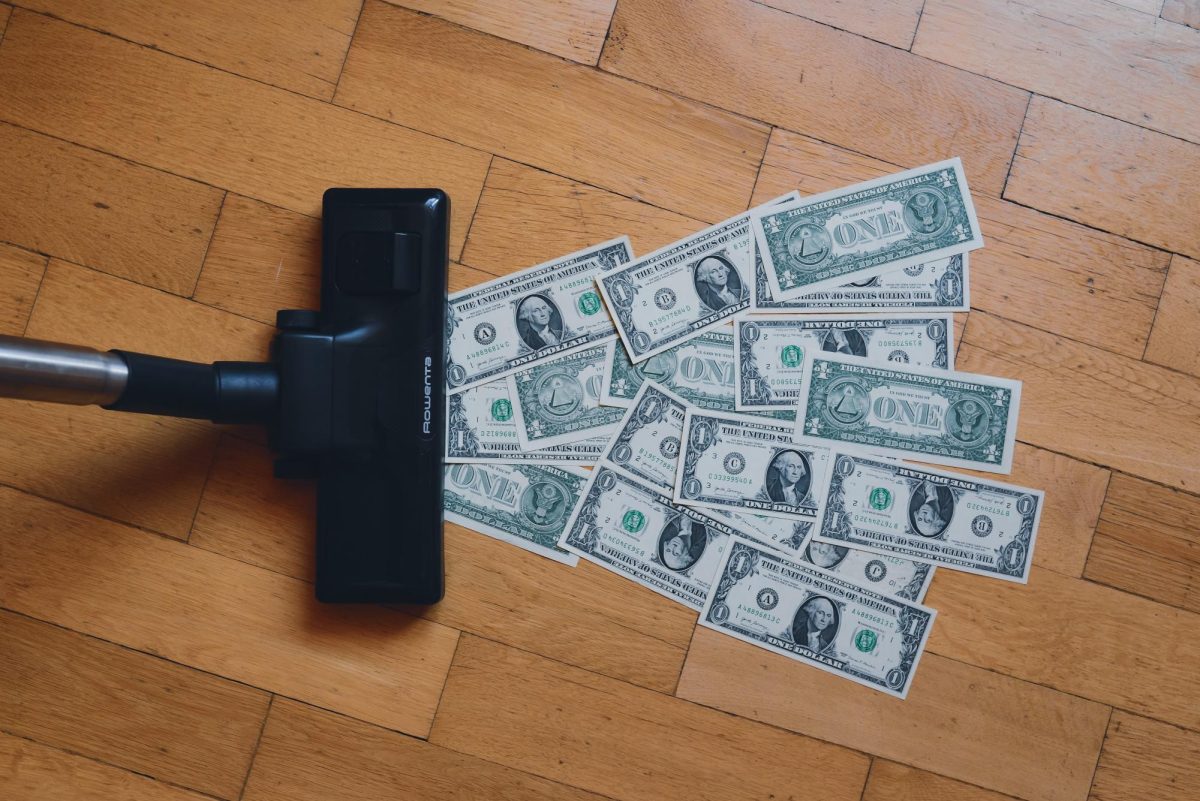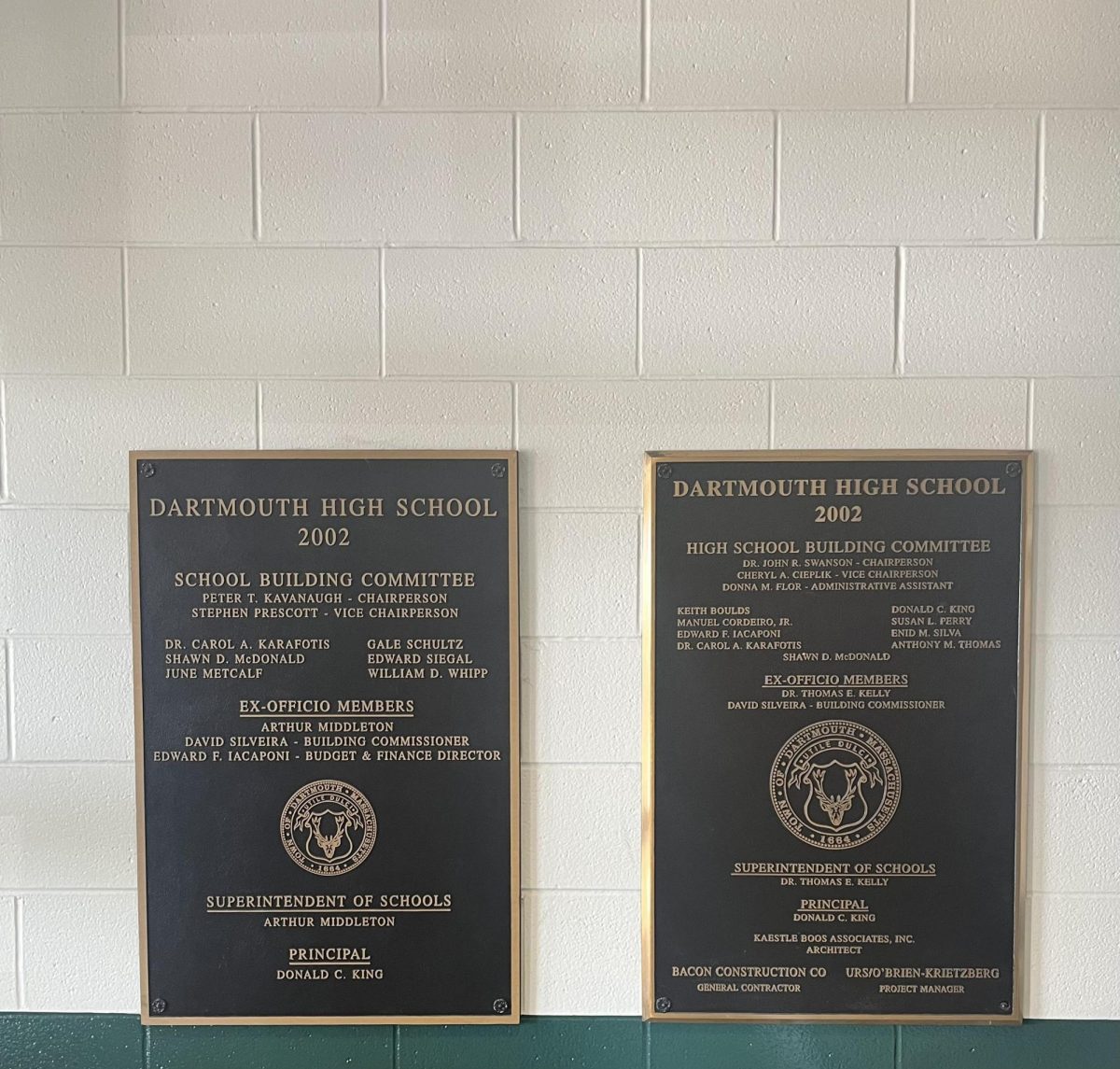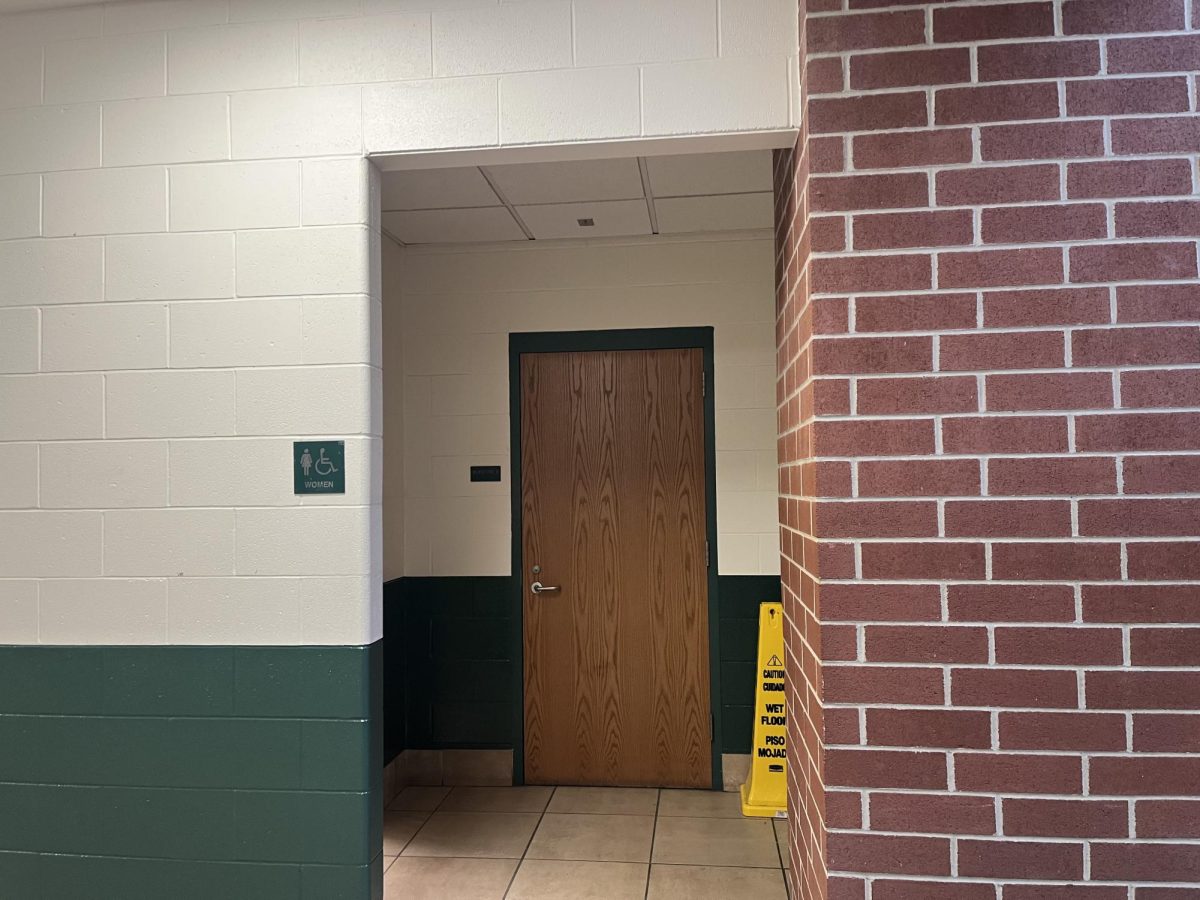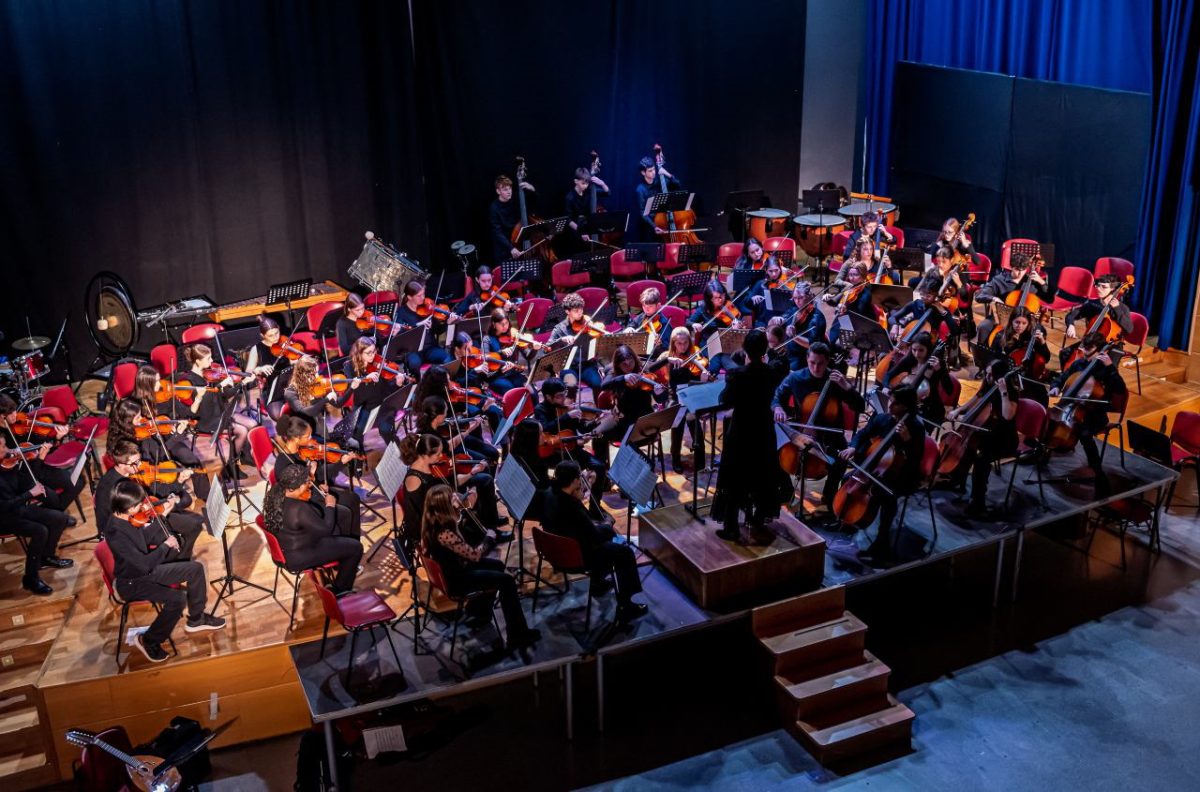The first annual SnowBall is coming up on Friday, January 19 in order to fund the overwhelming club debt issue. If you are a leader of a club, you may have been contacted about fundraising for said club in an effort to recover debt. In my case the clubs I run: Debate Team, the Literary Magazine, and of course, The Spectrum, can be faced with debt from bus expenditures, printing fees, and app services; we are talking yearly fees in the thousands for only two of those clubs, fees that cannot be covered by dues.
Advisors and students alike have felt the new pressure this year to recover club debt. There could be several reasons for this in context: a complete depletion of COVID-19 funds, change in school department leadership, and a country-wide inflation and tightening of the national pocketbook. So the debt itself is understandable, we were spending money we didn’t have with no money in the club account.
But is it students’ responsibility to finance their own clubs? Should we be entrepreneurs, accountants, and leaders of a club that is only ours for a max four years? Beyond that the financial security of your club is not guaranteed. It’s a lose-lose situation, and more active clubs with more members spend more money, but smaller clubs run the risk of being forgotten and virtually terminated, which happened to the Literary Magazine not so long ago which was out of commission until I re-established it last year.
Of course I was only operating within my own experience, so I needed hard numbers: numbers that were less black and white than anticipated. Under individual club accounts, there are balances. However if there is debt, there is no exact amount listed. Instead, to find debt, one must look at the history of school store charges to find amounts that align with what the club used. This makes debt between clubs aggregate: in theory we are all different accounts, and there are different balances, but when those balances are depleted, and all club debt charges to the same place. Clubs who have sufficient funds also have the liberty to use the school store. Much like the issue of national debt, it doesn’t matter that New Hampshire has no sales tax, and Tennessee has nearly 10 percent, both states have to pay the same federal tax, the price of being part of a union.
As a whole the school store has lost just over $10,000 since July, this is of course not just from clubs, the school store has obligations to various other accounts, including Jostens and Polar beverages. Right now the Debate Team, which only runs from December to March, has one of the most significant debts, and with the recent crackdown on advisors and students to fundraise, the future of state competitions for this club is unclear. Between August and December 2023, according to the spreadsheet, the school has spent $14,795 on extracurricular busses alone, with each bus being anywhere from $300 to $2000. It seems at least fiscally, if a club is less well known, fundraising is hard, and making the case to charge the school store is harder. There has already been a proposal to raise property taxes more than the standard amount to raise funds for the school department. But in terms of where that money will go, the buildings themselves and maintaining staff comes before clubs.
One hundred and eighty-five pages of spreadsheet later, I am not convinced the club debt situation is dire enough to disregard legal liability in order to save a couple thousand dollars on buses. The town itself has enough money so that the issue of club debt should never arise in the first place, let alone be a reason why some students should be encouraged to drop certain clubs over others because the clubs are sinking into a pool of debt the clubs themselves have no exact figure on. Whether or not the dance is necessary, or just a narrative tool to demonstrate the “dire” club debt, is brought into question when the clubs aren’t in debt, and the school store is in a deficit, but nowhere near the red line. In terms of where some of the fat can be trimmed off of expenses, Tremblays is one of the most expensive lines on the budget, a renegotiation could be beneficial, as well as an investment in a extracurricular bus; similar to DHS Band Semi-Truck, that clubs could use, since club events like Debate competitions and Math competitions rarely occur on the same day.
















Ahmed R • Feb 17, 2024 at 11:01 pm
Remember that profit is a pretty dumbass goal for public services (it is literally exchanging quality for savings), and competition for that stuff never really can be successful since the market share usually physically cannot grow
Gayle • Feb 3, 2024 at 12:03 pm
First, I am so impressed with the Spectrum and all your young writers from movie reviews to US foreign policies-superb! You are our future and we sure need great minds to guide us…This specific article is striking as being a high school
student 40 years ago I can reflect on the importance of early involvement in clubs from
debate to sports can make a world of difference from self identity and assimilation into mutual respect and cooperation with others in our/your future. In my opinion, this falls directly into the hands of ALL Dartmouth taxpayers because you
are the world’s future! This is the ultimate “pay it forward” situation and we should all be grateful to the advisors who selflessly participate and guide young folks because they know this all too well. IF we adults are willing
to engage in unnecessary and unhealthy habits such alcohol, tobacco or worse then why cannot
we put aside that lost revenue for something more productive and priceless—YOU! Our society should be ashamed of how little we give to teenagers so filled with inner beauty, logic, hope and promise because we egotistically think we know better. Hopefully, the local school board, taxpayers, politicians familiarize themselves with the awesome Spectrum. Thank
you! GS